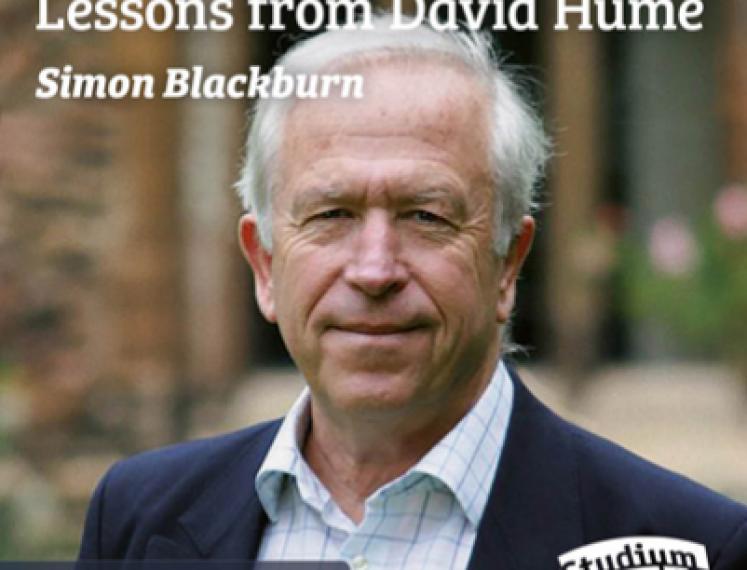
Academiegebouw
Broerstraat 5
Groningen
Netherlands
Religion, Morality and Human Nature
In today's polarised debates about religion and society, David Hume's economy of argument is often forgotten. Philosopher Simon Blackburn will draw from the lessons of David Hume for today’s systems of knowledge, morality and society.
David Hume (1711-1776) is a towering figure in the history of philosophy, who wrote extensively on human nature, on morals and on religion. Empiricist, critic of religion, sceptic as well as historian and political essayist, Hume has shaped our thinking on all these topics, defending a view on human nature and society as historically and evolutionary evolved. It is not reason, traditionally seen as a direct gift from God, but our biological human nature, characterized by emotions, instinct, custom and convention that explain our systems of knowledge, morality and society. Hume’s radical philosophy has many sides, and has been subject to scholarly debates ever since he published his main works. One neglected but distinctive theme is the subject of this lecture: his economy in arguing for exactly what he needed, but no more. In other words: Hume never accepted or assumed more than his argument required. Hume’s dislike of big, simplifying, theories carries an important lesson for today’s debates about human nature, morals and religion. Too often people take up positions that are both unnecessary and not easy to defend: Hume avoids these problems, and his example can be followed with profit by today’s humanists.
Simon Blackburn is Professor Emeritus of Philosophy at the University of Cambridge. He was previously Professor of Philosophy at the University of North Carolina, Chapel Hill, where he is still a distinguished research professor. He was editor of Mind, one of the most prestigious philosophy journals, from 1984 to 1990, and is a former president of the Aristotelian Society (2009-2010). He is one of the most distinguished contemporary philosophers, who has written widely on many areas of philosophy, including the philosophy of language, epistemology and philosophy of science, ethics, and the history of philosophy. As a vice-president of the British Humanist Association, it is perhaps no wonder that he finds his main inspiration in the philosophy of David Hume, the great Scottish philosopher from the Enlightenment, who is a prominent voice in many of his writings which include Spreading the Word (1984), Ruling Passions (1998), Truth (2005), and most recently Mirror, Mirror: The Uses and Abuses of Self-Love (2014), and popular books such as Think (1999), Being Good (2001) and Lust (2004).
The Griph-lecture is the annual lecture of the Groningen Institute of Philosophy. Previous speakers include Peter Singer, Michael Tomasello, and Roger Scruton. The lecture is organized by the Faculty of Philosophy, in cooperation with Studium Generale Groningen. This year’s lecture is part of a programme of lectures by prominent thinkers, organized by Faculty of Philosophy on the occasion of its 50th anniversary as one of the ten Faculties of the University of Groningen.


